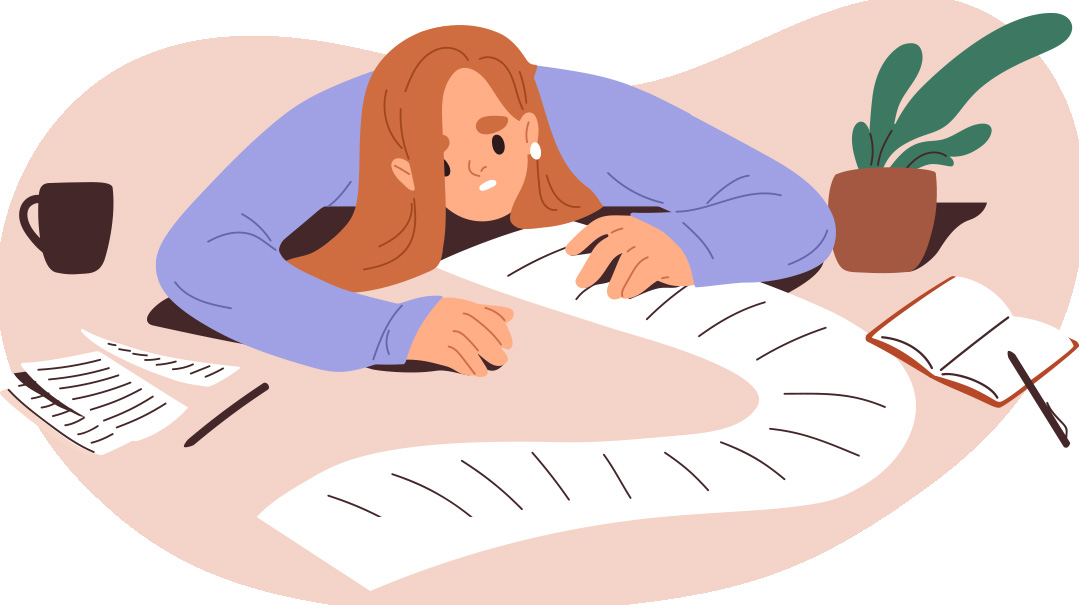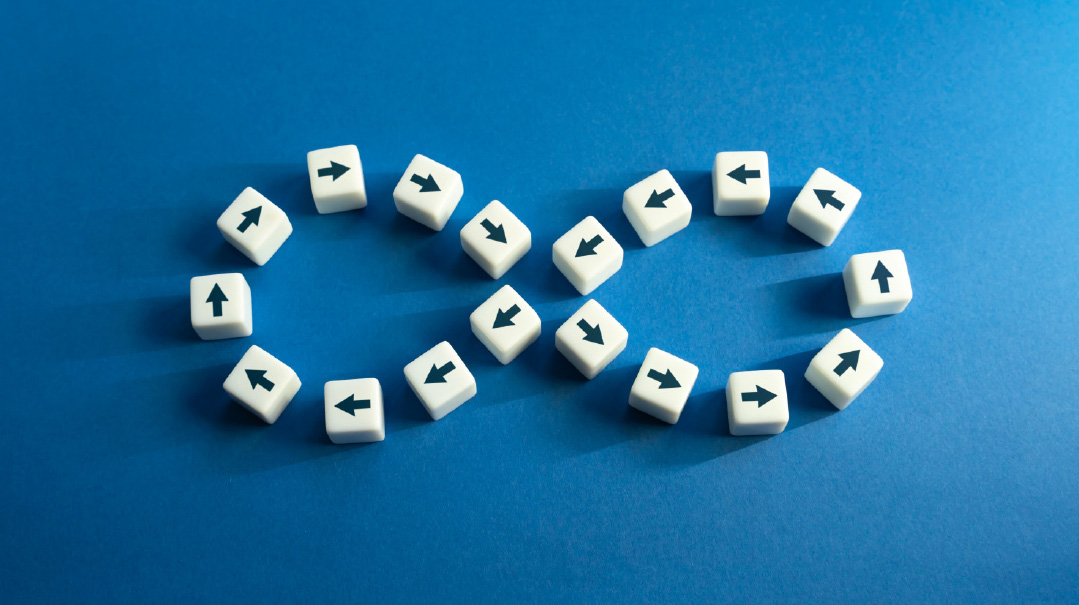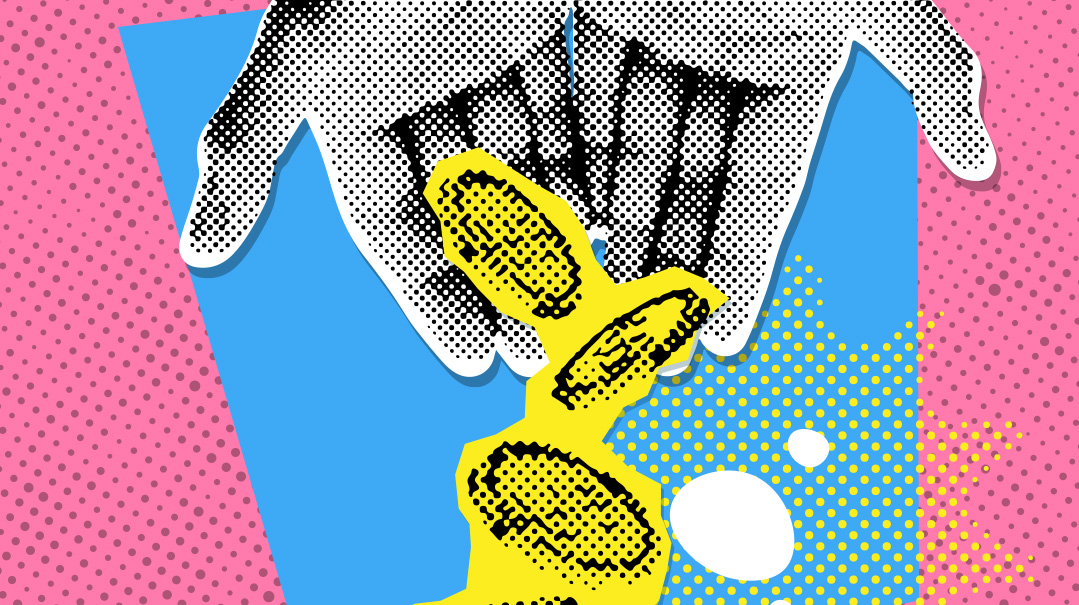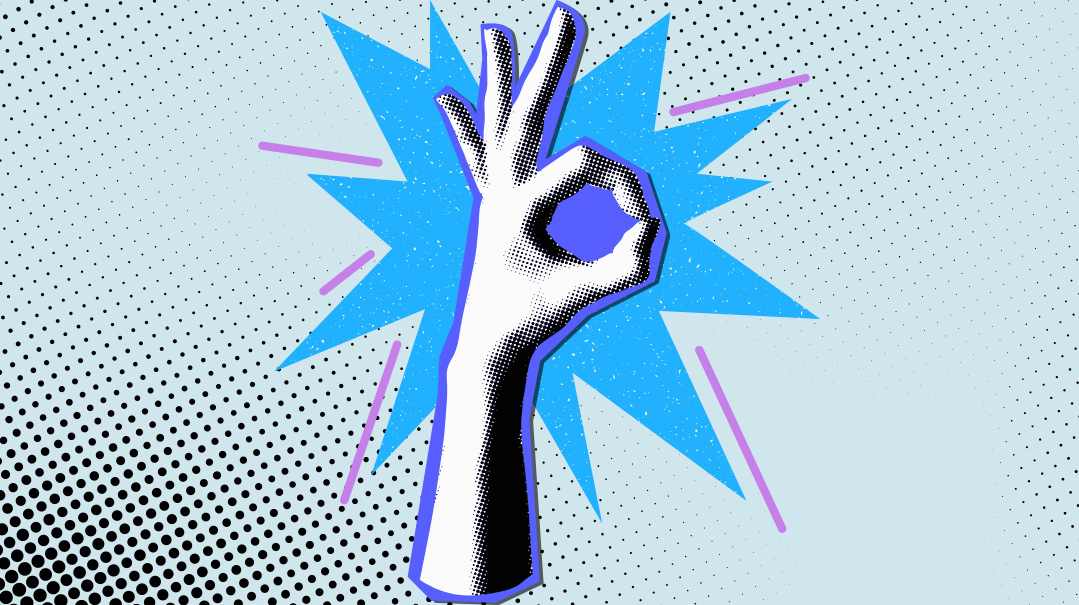Do Nothing
| October 6, 2022Why do so many of us have a hard time just being?

Do Nothing
Shira Savit, MA, MHC, INHC
“What should I DO?... I’m not hungry but I want the pizza." “What should I DO? I’m trying to eat well but the scale isn’t budging.” “What should I DO? I can’t control myself around food.” “What should I DO?”
My response: nothing. Yes, surprisingly, the answer can be: To. Do. Nothing!
We may be familiar with the saying: We are human beings not human doings. Sometimes it’s important and necessary to be a human “doing.” Doing mode is goal oriented, it encourages us to get things done: finish the laundry, wash the dishes, run errands, fix problems. However, if doing is a person’s only modus operandus, it leads to burnout.
Women often share with me that their emotional eating is triggered by feeling depleted and burnt out. “I was busy the whole day running, running, kids, work, busy, busy, I couldn’t even catch my breath. Late at night when it's finally quiet, I go straight for the ice cream; it’s the only way I know how to wind down.”
The flip side to doing is being. Being mode means connecting to the present moment. It’s not about what has to get done, it’s about being with whatever is right now, in this place, in this time. When asked by women, “But how can I possibly do nothing?” I respond: Doing nothing is doing everything! When you take time to be with yourself, without running to distract or accomplish, you recharge yourself, which will give you the energy you need for your day.
Why do so many of us have a hard time just being?
One reason is that we’re scared of our thoughts and feelings, so we keep busy in order to avoid them. Occupying ourselves with our jobs, chores, projects, shopping, errands, etc., is often a way to distract ourselves from feeling unwanted feelings. (I really messed up in that conversation with my boss just now… I wish I had sent my kids out the door more lovingly… I feel guilty for not having called my grandma this week…) Sometimes we’ll jump into activity to divert our attention from feeling. Sometimes we’ll dive right into the kitchen pantry.
Another reason that doing mode is so prevalent is because it feels good to accomplish. Even mundane chores such as folding laundry or paying bills can bring us a sense of self-worth. If we’re struggling to feel good about ourselves, we might opt to do in order to (artificially) feel better. Of course if we use a Band-Aid solution, we end up with the same void over and over again.
Strengthening our being muscle takes awareness and practice.
To start, set aside a little bit of time each day — even ten seconds — to do nothing. The time frame will naturally increase as you develop this new skill.
For example, “Before I got to work, I sat in my car for a few minutes, without listening to my phone or music, just being, rather than hurrying into the office to start doing.” Or, “I decided to sit on my porch for a few minutes without any activity: usually I read a book. This time I just sat. I was so impressed with myself!”
It’s not uncommon for people to feel uncomfortable doing nothing. If you sit in stillness and find yourself worrying or feeling tense, remind yourself to be in it. It’s okay to worry, it’s okay to think, it’s okay to feel difficult feelings. The more you allow yourself to be with your feelings, the less they’ll dominate your thoughts and compel your behaviors.
Succos is the Yom Tov that focuses entirely on the concept of being. We know that Succos is the only holiday where we get a mitzvah simply by sitting, no action necessary.
Of course, we tap into doing mode by taking the arba minim and davening and singing and eating, but how awesome is it that we perform a mitzvah just by sitting still, inside Hashem’s fortress of love and hugs.
Shira Savit, MA, MHC, INHC is a mental health counselor and integrative nutritionist who specializes in emotional eating, binge eating, and somatic nutrition. Shira works both virtually and in person in Jerusalem.
It’s Tradition
Zipora Schuck MA, MS
What does your family do that is unique to you? Do you have a code word that reminds you of a funny event, a twist on the rules of a popular game, a tradition to mark people’s birthdays, or maybe a food that you always make for a certain occasion?
Family rituals are special things your family does, whether it’s a daily or weekly ritual, a form of celebration, or even a way to remember a good time you had together. Some rituals may be intertwined with Shabbos or Yom Tov minhagim, while others are attached to activities of regular life. It may be ways of doing things that were passed down by your parents or in-laws, or something you created recently. They need not cost money or time.
Family rituals create a sense of identity and belonging for children, and a positive and secure feeling about being in your family. If you’re having a hard time thinking about what rituals you have, want to create more, or be intentional about them, it’s never too late to start.
Fun and loving family rituals are incredible deposits in your child’s emotional bank account. Sometimes it’s necessary to tell a child no and explain that our family does not do something for whatever reason. Having strong rituals in place allows a child to remember all the yeses and feel pride in the things you do.
Zipora Schuck MA. MS. is a NYS school psychologist and educational consultant for many schools in the NY/NJ area. She works with students, teachers, principals, and parents to help children be successful.
I’m Just…
Shoshana Schwartz
The words “I’m just…” seem to justify just about anything!
“I’m just double parking for 30 seconds.” Justification: It’s so quick, no one will be inconvenienced.
“I’m just borrowing the dress for one night.” Justification: It’s a tiny favor; I don’t have to feel bad about taking.
“I’m just checking my email.” Justification: I won’t get sidetracked this time, since I’m focused on one specific task.
If a behavior is in line with your values, you don’t need to excuse it to anyone — including yourself. Just ask yourself, do I approve, or am I justifying?
Shoshana Schwartz specializes in addiction and codependency. She gives in-person and online addiction prevention lectures and workshops to education and mental health professionals, community leaders, and parent groups, as well as 12-Step workshops for non-addicts.
(Originally featured in Family First, Issue 813)
Oops! We could not locate your form.







